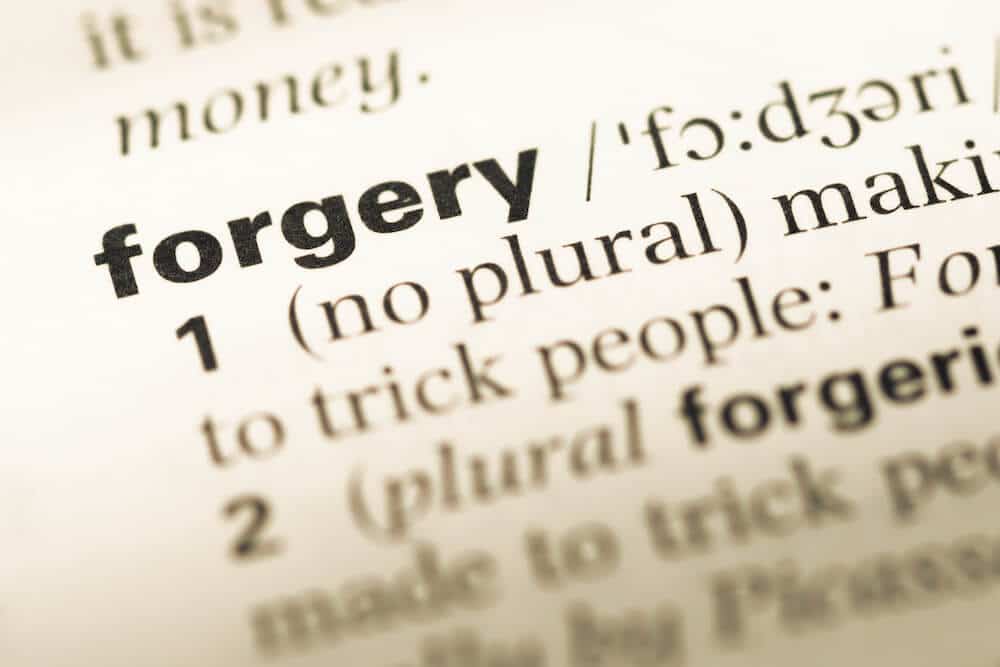- Home
- THE FIRM+
- Criminal Defense+
- CASE RESULTS
- AREAS WE SERVE+
- FAQ’s
- Blog
- Contact
AZHARI LLC BLOG

Posted By: Sami Azhari
Category:
Shoplifting seems like a relatively minor crime without serious criminal consequence, but this is often not the case. Because shoplifting is a leading cause of financial loss for most retailers, more and more merchants have begun to prosecute even relatively minor shoplifting offenses, and the penalties can be quite severe.
Retail theft consequences in Illinois are particularly bad if you have prior shoplifting offenses. In fact, it is relatively common for shoplifting to be charged as a felony depending on the circumstances surrounding the offense and value of the items taken.
Due to the seriousness of this offense, it is important to understand Illinois shoplifting laws, and the criminal penalties you could face if charged and convicted.
How Illinois Defines Shoplifting
Unlike many other states, Illinois has laws that specifically target shoplifting and treat it differently than other theft crimes. This means that the laws are very specific, and that a variety of actions can result in shoplifting charges.
Illinois defines shoplifting as either stealing items from merchants, or attempting to deprive a merchant of an item’s full retail value. Under these guidelines, the following actions can be considered shoplifting:
- Taking, possessing, carrying, or transferring any retail item without paying for it.
- Removing, altering, or transferring any price tags or labels.
- Moving merchandise from one container or package to another.
- Under-ringing merchandise for yourself or another.
- Possessing a theft detection shielding device.
- Misrepresenting your ownership of an item to a merchant.
Shoplifting Sentencing and Penalties in Illinois
Illinois shoplifting sentencing and criminal penalties depend on the value of the item(s) taken, and the presence of certain aggravating factors:
- Class A misdemeanor: Shoplifting property $300 or less; punishable by up to one year of imprisonment and fines up to $2,500.
- Class 4 felony: Shoplifting property under $300 with a prior conviction, or for using an emergency exit to shoplift; punishable by 1-3 years imprisonment and fines up to $25,000.
- Class 3 felony: Shoplifting property $300 or less with a prior conviction and using an emergency exit, or shoplifting property worth over $300, including in separate offenses committed within a single year; punishable by 2-5 years of imprisonment and fines up to $25,000.
- Class 2 felony: Shoplifting items worth over $300, including in separate offenses committed within a single year, while using an emergency exit.
Illinois Civil Liability
In addition to the above criminal penalties, you may be held liable in a civil lawsuit for the retail value of the merchandise, damages between $100 and $1,000, attorney fees, and court costs.
In some cases, you may receive a civil demand letter from the merchant demanding payment. If you receive a letter such as this, be sure to show it to your defense attorney before taking action.
Shoplifting Diversion Programs and Plea Bargaining in Illinois
If you are a first-time offender, you may be able to enter a First Offender Program, pretrial diversion, or deferred prosecution program. In these programs, your criminal charges will be dropped if you successfully complete the rehabilitation program and pay restitution.
If a diversion program is not an option, you may also be able to get your charges reduced through plea bargaining. Your defense attorney will advise you of whether this is the best option for your case.
The bottom line is that although shoplifting is common, it is a quite serious offense in Illinois.
Shoplifting can become a felony-level offense quite easily, and any shoplifting conviction has steep criminal penalties, and will leave you with a criminal record that comes back to haunt you.
About the Author
Sami Azhari has been working as a lawyer since 2007, after receiving his Juris Doctor from the Michigan State University College of Law. He has handled numerous state and federal cases, and is known throughout the Chicago and Rolling Meadows area for providing his clients with high-quality, skilled representation. He has been recognized by SuperLawyers, the National Trial Lawyers Association, and other notable organizations, and has spoken at a number of legal conferences.


























































